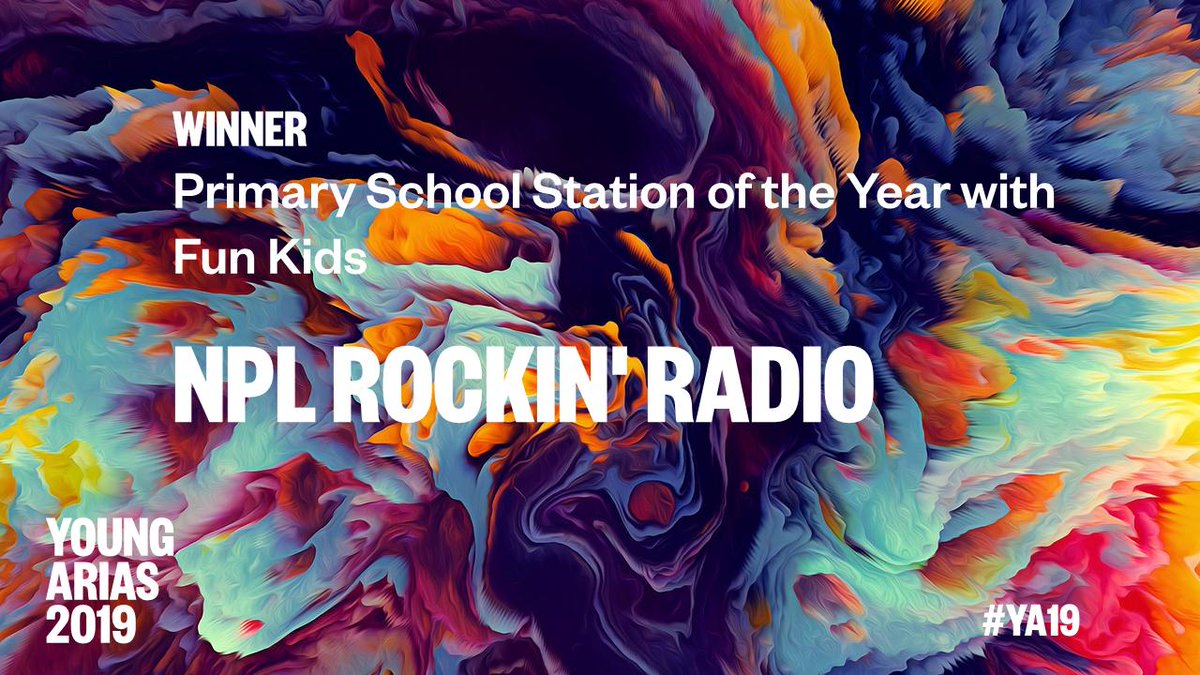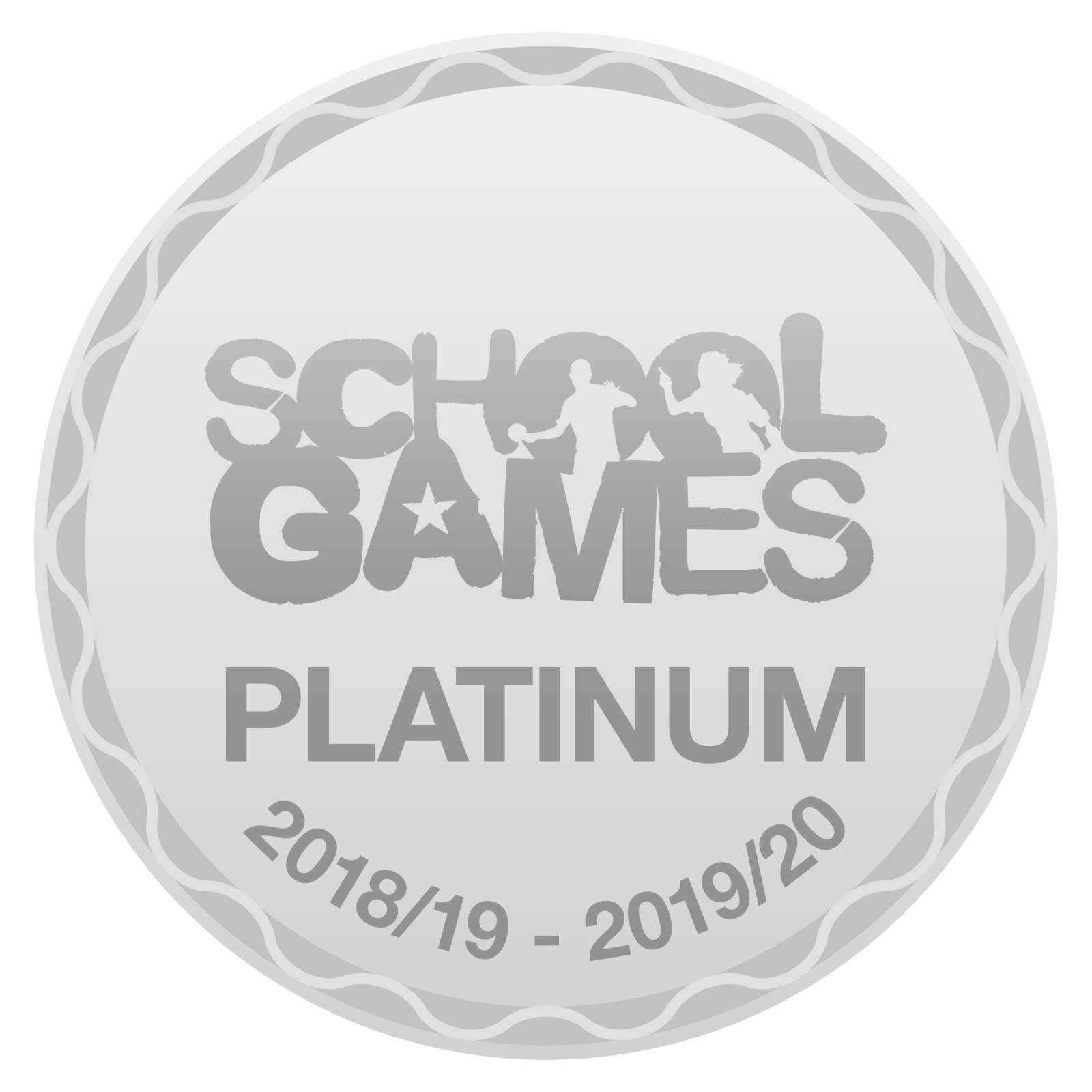P4C
Philosophy for Children (P4C)
Philosophy for Children (P4C) is an approach to teaching in which students participate in group dialogues focused on philosophical issues. Dialogues are prompted by a curriculum linked stimulus (for example, a story or a video) and are based around a concept such as ‘truth’, ‘fairness’ or ‘bullying’. The aim of P4C is to help children become more willing and able to ask questions, construct arguments, and engage in reasoned discussion. It is the mechanism to give a voice to all children regardless of background or ability that supports the school vision.
Impact
The Education Endowment Foundation results suggest that children make more progress particularly in reading of up to about 4 months, after one year of P4C.
Our view as a school is more anecdotal about the positive influence on the wider outcomes such as pupils’ confidence to speak, listening skills, and self-esteem.
|
|
|
Autumn |
Spring |
Summer |
|
|
|
F1 |
Takes turns L&A – 30-50 mths - Listens to others one to one or in small groups, when conversation interests them |
Works well with others S – 30-50mths – Beginning to use more complex sentences to link thoughts |
Asks questions during discussion Uses talk to connect ideas |
|
|
|
F2
|
Shows respect for others S – 40-60 mths – Links statements and sticks to a main theme or intention
|
Listens carefully to others L&A- 40-60 mths – Maintains attention, concentrates and sits quietly during appropriate activity |
Asks a good question ELG - They give their attention to what others say and respond appropriately
|
|
|
|
1
|
Suggests a new idea ELG – Children express themselves effectively, showing awareness of listeners’ needs |
Agrees/disagrees and says why Listen and respond appropriately to adults and their peers
|
Builds on someone else’s idea They convey simple meanings to a range of listeners, speaking audibly |
|
|
|
2. |
Explains ideas clearly They begin to extend their ideas or accounts by providing some detail |
Makes a comparison Ask relevant questions to extend their understanding and knowledge
|
Asks for clarification In developing and explaining their ideas they speak clearly and use a growing vocabulary |
|
|
|
3
|
Makes a conditional statement (if/then) In discussion, they show understanding of the main points.
|
Gives an example or counter-example Through relevant comments and questions, they show they have listened carefully
|
Offers a definition They speak audibly and fluently with an increasing command of Standard English
|
|
|
|
4 |
Makes a connection They articulate and justify answers, arguments and opinions
|
Asks for evidence They consider and evaluate different viewpoints, attending to and building on the contributions of others
|
Makes a distinction They begin to adapt what they say to the needs of the listener, varying the use of standard English and when it is used
|
|
|
|
5
|
Provides a summary of the discussion Maintain attention and participate actively in collaborative conversations, staying on topic and initiating and responding to comments
|
Makes an analogy Their talk is adapted to the purpose; developing ideas thoughtfully, describing events and conveying their opinions clearly
|
Seeks alternative points of view Use spoken language to develop understanding through speculating, hypothesizing, imagining and exploring ideas
|
|
|
|
6
|
Evaluates evidence Gain, maintain and monitor the interest of the listener(s)
|
Identifies an assumption In discussion, they pay close attention to what others say, ask questions to develop ideas and make contributions that take account of others’ views
|
Recognises fallacious arguments Pupils talk and listen confidently in a wide range of contexts, including some that are of a formal nature
|




